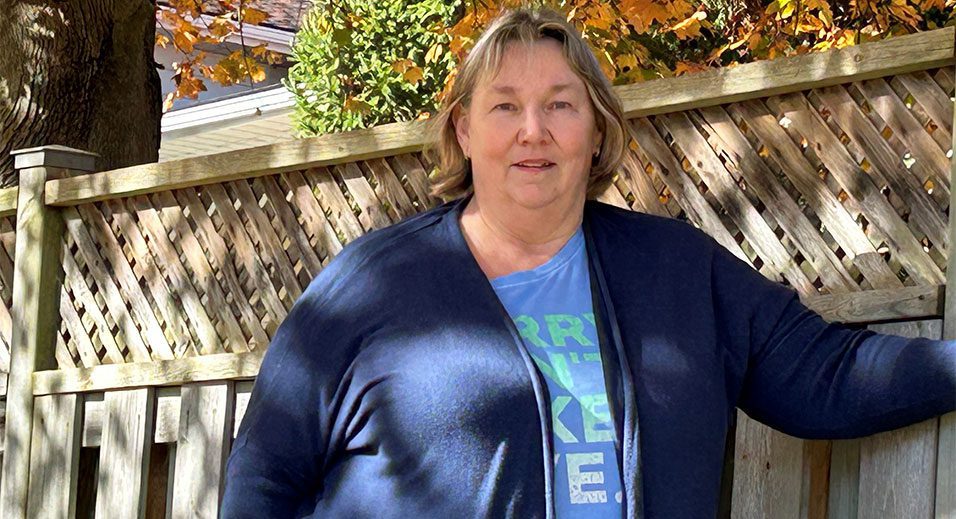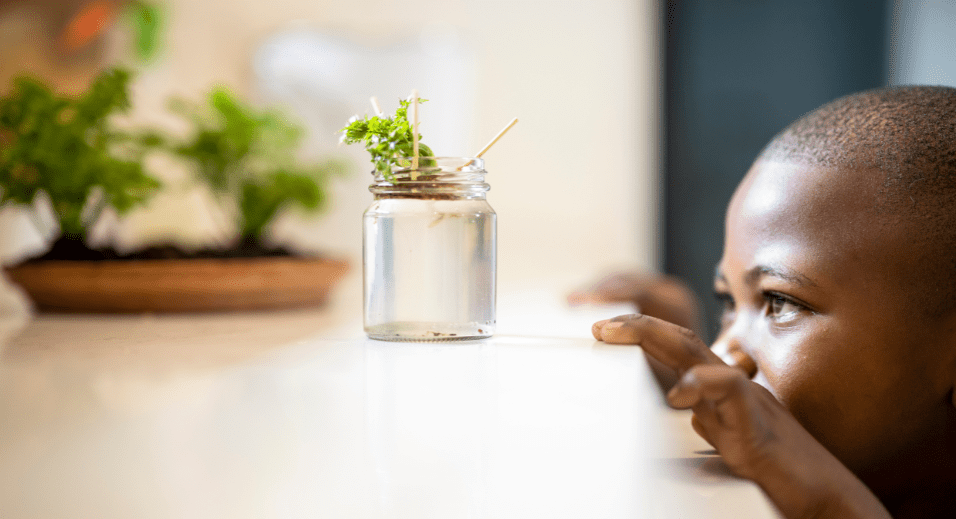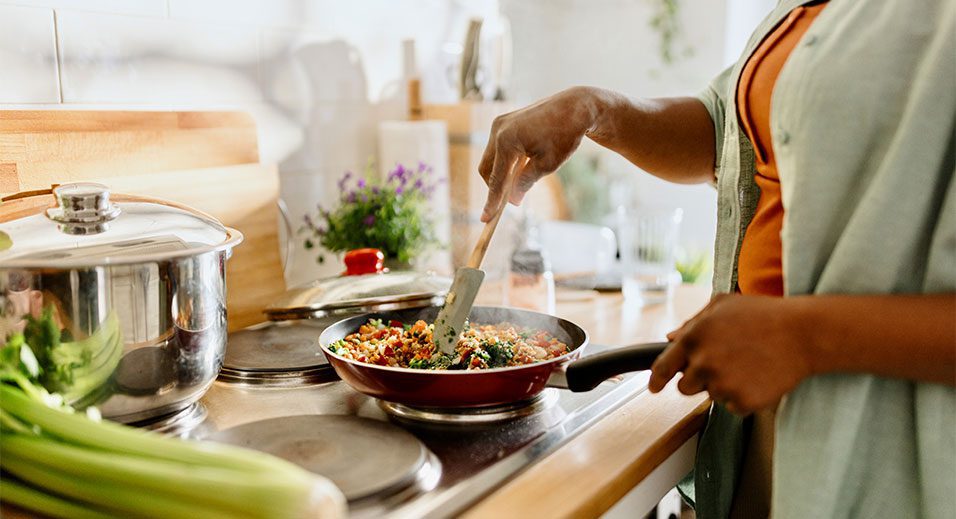What is empathy?
What is empathy? It’s the ability to think beyond ourselves, our experiences and lives, to feel what others experience. It reaches across social, racial, economic divides. It pushes us to think about what we share with others, and not what sets us apart.
At its best, empathy leads to action. It drives us to harness what means we have to bring a little more justice and fairness to this world we share.
And there is evidence that the pandemic is making people more empathetic. Why? Because it has laid bare some of the fault lines in our society. It has exposed how vulnerable many people are – many that are close to home. And it’s prompting people more than ever to support political action to address serious issues like poverty and food insecurity.
Maple Leaf Foods Commitment to Tackling Food Insecurity
Maple Leaf Foods has a very deep commitment to tackling food insecurity, which we put into action in late 2016 by establishing the Maple Leaf Centre for Action on Food Security (The Centre). Our goal is to work collaboratively across sectors to reduce food insecurity in Canada by 50% by 2030. And there is no way to achieve this with food donations alone. It takes deep relationships with government, private sector, community organizations, activists, and academics to advance collaborative action to address this deep-seated issue. We still don’t know how we’ll achieve this goal, but we have learned a lot on the way, and we have a much better idea now of what needs to happen.
The Centre is supporting some remarkable efforts…here are a few examples:
- Funding a nation-wide collaboration of communities to share learning on what programs and policies advance food security at a local level
- Being part of funding collaboratives that work in a relationship-based way with Indigenous people in northern Manitoba and northern Ontario to advance food sovereignty
- Supporting a national initiative that tests the impact of “food prescriptions” for fruits and vegetables on managing chronic diet-related diseases and reducing food insecurity
- Funding the evaluation of Traditional Harvester programs across Canada’s north that provides full-time employment to support land-based harvesting as an alternative to dependence on costly southern foods
- Conducting research and evaluation to better understand barriers to food security and how these can be most effectively addressed through program and policy interventions
- Engaging with the private sector to increase understanding and harness more resources
When the pandemic hit, we already had established the relationships that allowed us to quickly support efforts to mobilize emergency food relief – and last year, The Centre provided more than $2.5M in financial donations as well as a similar amount in product donations. This year, we are transitioning back to our core work on advocacy, investing in scale initiatives, and building capacity across sectors to achieve sustainable change. While access to food during times of emergency is essential, food donations will never solve the problem.
So back to empathy…we’ve created a remarkable organization to deliver the social good that’s so much part of our Maple Leaf Foods’ vision and purpose. My role as Chair of The Centre has enabled me to better understand the pervasive, life-long impact of poverty and food insecurity. Our work inspires me – the chance to work collectively to make a profound change in society. I do believe that we cannot sit by and allow this injustice to continue, especially living in wealthy nations. We have too many examples of what happens when people increasingly lose their empathy, their shared humanity, and willingness to act. Our social pact with each other is what holds our societies together.
Maple Leaf Foods and The Centre are stepping up in a big, bold way. If you want to learn more and be part of this change, I encourage you to visit The Centre’s website www.feedopportunity.com.
Piece by, Lynda Kuhn, Chair of The Maple Leaf Centre for Action on Food Security



